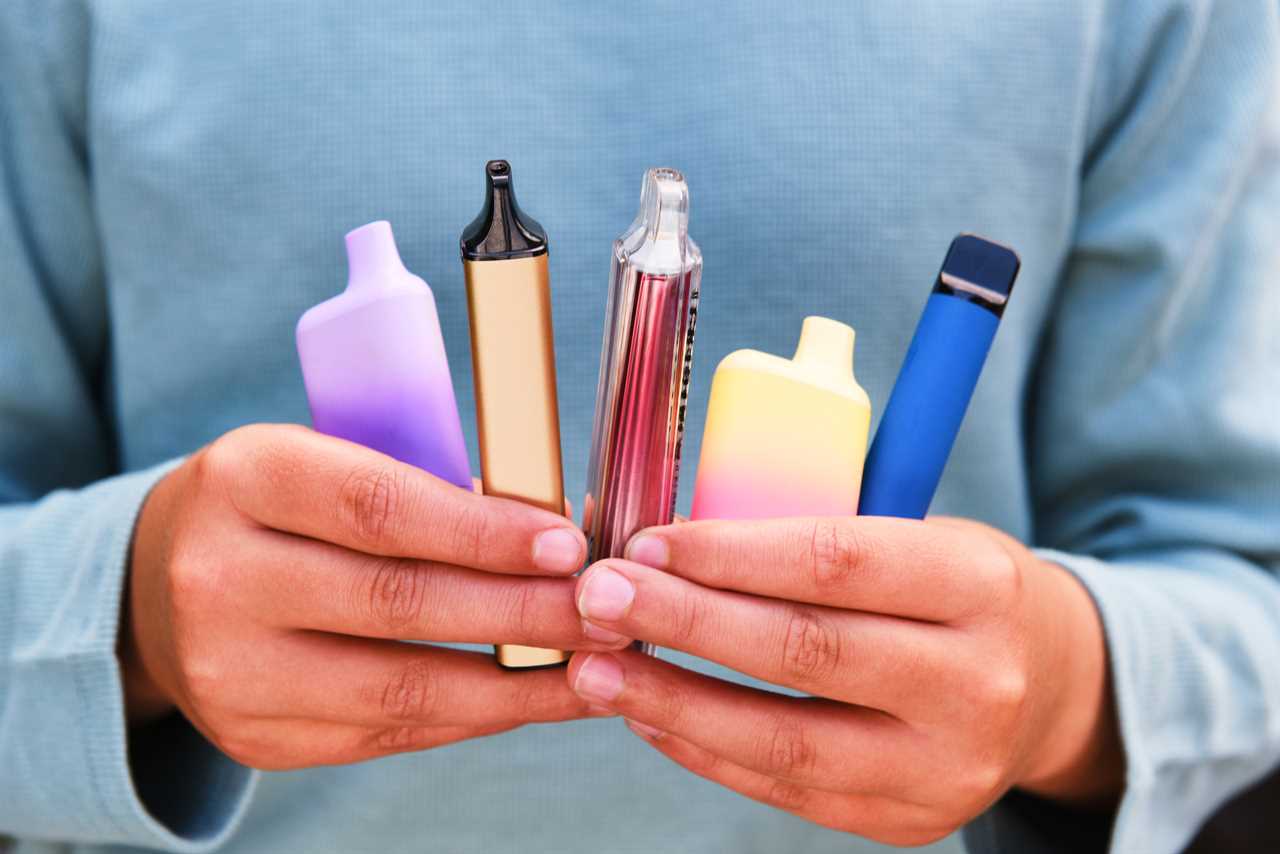
In the ongoing discourse surrounding youth vaping, Labour MP Mary Glindon has proposed a novel approach to regulation, advocating for the implementation of a phone app to monitor and restrict access to vaping products. This suggestion comes amid concerns that current legislation, focused solely on age verification at the point of sale, is insufficient in curbing teenage use of e-cigarettes. As the debate over the Tobacco and Vapes Bill unfolds in the House of Lords, Glindon's call for a digital child-lock system represents a proactive response to the evolving landscape of youth nicotine consumption.
The wider context: Evolving Challenges in Youth Vaping
While the Tobacco and Vapes Bill seeks to address the issue through restrictions on flavours and packaging, the persistence of underage vaping indicates a need for more comprehensive measures. Recent data from the NHS revealing that nearly one in ten secondary school students currently engage in vaping underscores the urgency of the situation. Moreover, reports from educators and parents highlight a growing consensus on the inadequacy of existing enforcement mechanisms in combating this trend.
Analysis: Towards a Technological Solution
By proposing the integration of an age verification system within a phone app, Mary Glindon introduces a forward-thinking strategy to bolster regulations and protect young people from the harms of nicotine addiction. This innovative approach not only addresses the loopholes that enable youth access to vaping products but also reflects a recognition of the digital realities shaping contemporary behaviour among adolescents. As the debate unfolds, the efficacy and feasibility of such a solution merit careful consideration and scrutiny.
Expert Insights and Concerns
Ms. Glindon's emphasis on the urgency of the situation resonates with findings from the National Association of Schoolmasters Union of Women Teachers (NASWUT), where an overwhelming majority of teachers perceive vaping as a growing concern within educational settings. The disconnect between the intentions of current legislation and the lived experiences of those on the frontline underscores the need for targeted interventions that align with the evolving patterns of youth behaviour.

Addressing Systemic Challenges
As the debate in the Lords unfolds, the discourse around youth vaping regulation must not only focus on individual behaviours but also interrogate the systemic factors that enable and perpetuate underage nicotine consumption. By integrating digital solutions and harnessing technology to enforce age restrictions, policymakers have an opportunity to proactively shape the regulatory landscape in a manner that reflects the complexities of contemporary public health challenges.
In conclusion, the proposal put forth by Labour MP Mary Glindon to incorporate a phone app-based age verification system represents a significant step towards addressing the persistent issue of youth vaping. As discussions continue within the legislative chambers, the imperative to adapt regulatory frameworks to the digital age and safeguard the well-being of young individuals remains paramount. By embracing innovative solutions and engaging with the multifaceted nature of this issue, we can strive towards a more informed and effective approach to mitigating the impact of vaping on the next generation.
Did you miss our previous article...
https://trendinginthenews.com/uk-politics/challenges-and-resilience-kemi-badenochs-political-journey






